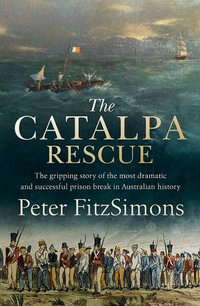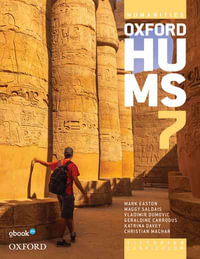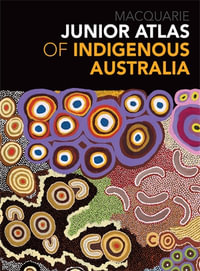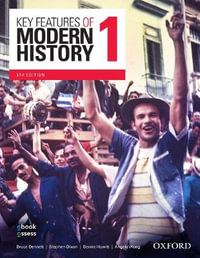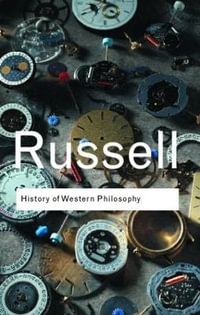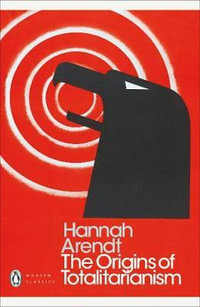Peter Brown, a known authority on Mediterranean civilisation in late antiquity, traces the growing power of early Christian bishops as they wrested influence from the philosophers who had traditionally advised the rulers of Graeco-Roman society. In the new ""Christian empire"", the ancient bonds of citizen to citizen and of each city to its benefactors were replaced by a common loyalty to a distant, Christian autocrat. This transformation of the Roman Empire from an ancient to a medieval society, Brown argues, is among the most far-reaching consequences of the rise of Christianity. In the last centuries of the Roman Empire, the power of the emperors depended on collaboration with the local elites. The shared ideals of Graeco-Roman culture (""paideia""), which were inculcated among the elite by their education, acted as unwritten constitution. The philosophers, as representives of this cultural tradition and as critics and advisors of the powerful, upheld the ideals of just rule and prevented the abuses of power. Between the conversion of Emperor Constantine to Christianity in 312 and the reign of Theodosius (379-395), however, both Christian bishops and uneducated monks emerged as competitors to the traditional educated elites. Claiming as Christians to be the ""true philosophers"", they asserted their own role in swaying the emperors to mercy and just rule. Brown shows how charity to the urban poor gave bishops such as Saint Ambrose a novel power base - the restless lower classes of the empire. The lines of power that led from local society to the imperial court increasingly fell into the hands of the church, as clerics exercised their power to ensure the peace in cities, secure amnesties, and convey to the emperor the wishes of his subjects. Brown also points out how churchmen expressed their new local power through violence against rivals: Jewish synagogues and Roman Temples were destroyed, and Hypatia, one of the few women with a public role as a philosopher, was lynched in Alexandria. Brown demonstrates how Christian teaching provided a model for a more autocratic, hierarchial empire: the ancient ideals of democracy and citizenship gave way to the image of a glorious ruler showing mercy to his lowly and grateful subjects. Drawing upon a wealth of material - newly discovered letters and sermons of Saint Augustine, archaeological evidence, manuscripts in Coptic and Syriac - he provides a portrait of a turbulent and fascinating era.
Industry Reviews
The ability to provide fresh approaches to issues that date back to Gibbon s mordant phrases is surely one of the qualities that has made Peter Brown, now at Princeton, the preeminent contemporary historian of late antiquity. Carl L. Bankston III, Commonwealth
" Peter Brown combines a witty and ironic prose style with the gifts of a first-class historian of late antiquity possessing an exhaustive knowledge of the sources. His latest book will certainly win him new admirers and delight old friends. The central question of Power and Persuasion in Late Antiquity is a perennial issue in human affairs, but Mr. Brown focuses particularly on the Roman Empire in the 200 years after Constantine the Great, who died in A.D. 337. How did the empire control its citizens? And what difference to the style of that control did church leaders make as the empire became converted to Christianity? . . . His telling is enriched by delectable details and acute, original observations. Henry Chadwick, New York Times Book Review
" There are few areas of humane scholarship so daunting as the study of late antiquity, that period when Christianity gradually conquered the mind and heart of the foundering Roman empire. Peter Brown is a widely recognized master of this pivotal moment of history. . . . What characterizes Brown s work is his graceful, even ingratiating style, one that makes the most esoteric-seeming matter engaging. Washington Post
" A new book by Peter Brown is clearly an event. . . . Peter Brown is a writer of highly emotive as well as extremely clever prose. . . . The Curti lectures complete the sequence of studies of the Christianisation of late antiquity on which Peter Brown has been engaged since the publication of Augustine of Hippo (1967). One by one, these studies have illuminated the world of late antiquity (the term he has made his own) by reference to what has preceded it. Averil Cameron, London Times Higher Education Supplement
" "A new book by Peter Brown is clearly an event. . . . Peter Brown is a writer of highly emotive as well as extremely clever prose. . . . The Curti lectures complete the sequence of studies of the Christianisation of late antiquity on which Peter Brown has been engaged since the publication of "Augustine of Hippo" (1967). One by one, these studies have illuminated the world of late antiquity (the term he has made his own) by reference to what has preceded it. "--Averil Cameron, "London Times Higher Education Supplement" "Peter Brown combines a witty and ironic prose style with the gifts of a first-class historian of late antiquity possessing an exhaustive knowledge of the sources. His latest book will certainly win him new admirers and delight old friends. The central question of "Power and Persuasion in Late Antiquity" is a perennial issue in human affairs, but Mr. Brown focuses particularly on the Roman Empire in the 200 years after Constantine the Great, who died in A.D. 337. How did the empire control its citizens? And what difference to the style of that control did church leaders make as the empire became converted to Christianity? . . . His telling is enriched by delectable details and acute, original observations."--Henry Chadwick, "New York Times Book Review" "The ability to provide fresh approaches to issues that date back to Gibbon's mordant phrases is surely one of the qualities that has made Peter Brown, now at Princeton, the preeminent contemporary historian of late antiquity."--Carl L. Bankston III, "Commonwealth" "There are few areas of humane scholarship so daunting as the study of late antiquity, that period when Christianity gradually conquered the mind and heart of the foundering Roman empire. Peter Brown is a widely recognized master of this pivotal moment of history. . . . What characterizes Brown's work is his graceful, even ingratiating style, one that makes the most esoteric-seeming matter engaging."--"Washington Post"









